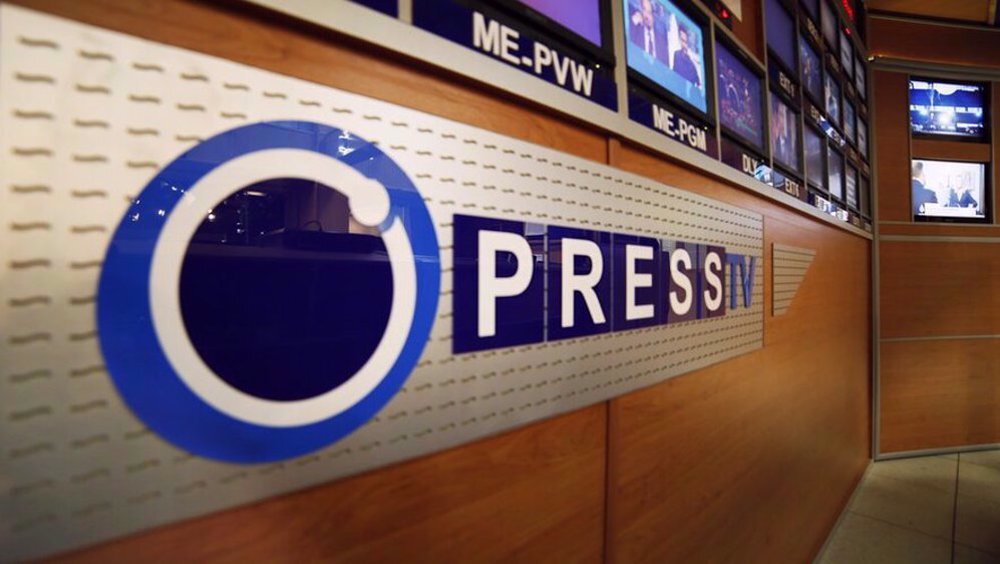Press TV launches Turkish language channel

TEHRAN- The head of the Islamic Republic of Iran Broadcasting (IRIB) has announced the commencement of Press TV Turkey's operations on Sunday, generating significant enthusiasm within Turkish-speaking communities.
Starting from Sunday, Press TV Turkey began its broadcasts, and its success is expected to elevate its position in the Turkish-speaking domain, Peyman Jebeli said, Mehr reported on Tuesday.
The IRIB director emphasized that one should not overlook the significant developments in overseas television networks.
Jebeli addressed the strategic measures taken by the IRIB's Overseas Broadcasting Division, highlighting the launch of Hispan TV in Brazil, aimed at Portuguese-speaking audiences.
“In this fierce global media competition, where the role of media has been elevated beyond that of military force, our responsibilities have become significantly greater,” he noted.
"We must strategically expand our outreach to global audiences and ensure our voice resonates louder around the world,” he mentioned.
Previously, Press TV established channels in English, Arabic, and Spanish, and is now venturing into Turkish programming to engage Turkish viewers.
The establishment of the Turkish language channel comes at a time when Press TV has primarily focused on these three languages for years, possibly in response to TRT Turkey's recent launch of a Persian language channel.
Last October, remarks made by Mehmet Zahid Sobaci, the General Director of Turkey's state broadcaster TRT, sparked controversy. He stated, "We are in a state of confusion and discomfort for Iran. We must do this," while announcing plans to launch a Persian-language channel as part of TRT's expansion into 41 foreign languages by year's end. These comments raised concerns among the Iranian public.
In response, Iranian Minister of Culture and Islamic Guidance Seyyed Abbas Salehi communicated with Turkish officials to express apprehensions regarding Sobaci's statements. He urged that "such statements should be avoided," highlighting the need for unity among Muslim nations amidst regional tensions and the growing aggression of the Zionist regime.
Salehi welcomed Turkey's commitment to enhancing cultural relations, emphasizing that "the Islamic Republic of Iran's fundamental foreign policy principle is to strengthen ties with its neighbors, with Turkey occupying a significant position." He pointed to the robust political and cultural connections between the two countries and the opportunities for collaboration in the designated Year of Iranian-Turkish Culture.
Describing culture as a vital foundation for cooperation, Salehi insisted that both nations should leverage their shared cultural resources. He acknowledged recent initiatives in media collaboration, asserting Iran's readiness to bolster these ties in a manner that aligns with the interests of both countries.
During this dialogue, Fahrettin Altun, Director of Communications for Turkey's Presidency, reiterated Turkey's dedication to strengthening political and cultural relationships with Iran. He noted the importance of fostering communication and mutual understanding between the two nations and referred to a recent meeting between the two presidents that emphasized expanding cooperation across all sectors.
Altun expressed regret over Sobaci's comments, clarifying that "any statement contradicting this has no connection with the thinking and approach of the Turkish President and government." He reaffirmed Turkey's commitment to friendship and cooperation with Iran, underscoring that challenges can be addressed through dialogue. The conversation concluded with a mutual commitment to ongoing cooperation while being mindful of media narratives and public sentiment.
SAB/
